MIT engineers designed an adhesive patch that produces ultrasound images of the body. The stamp-sized device sticks to skin and can provide continuous ultrasound imaging of internal organs for 48 hours.
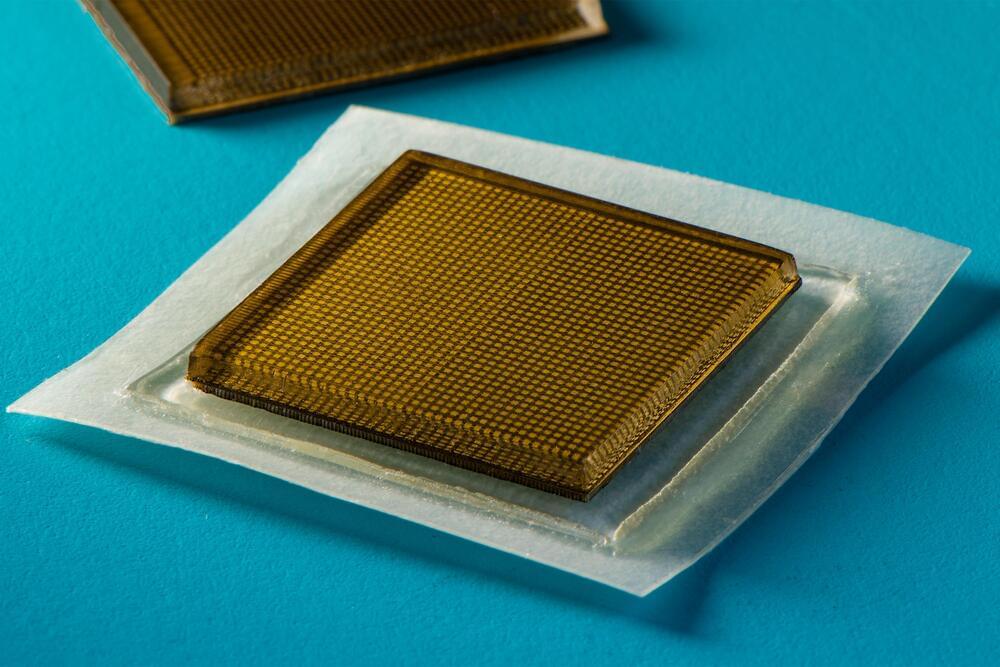

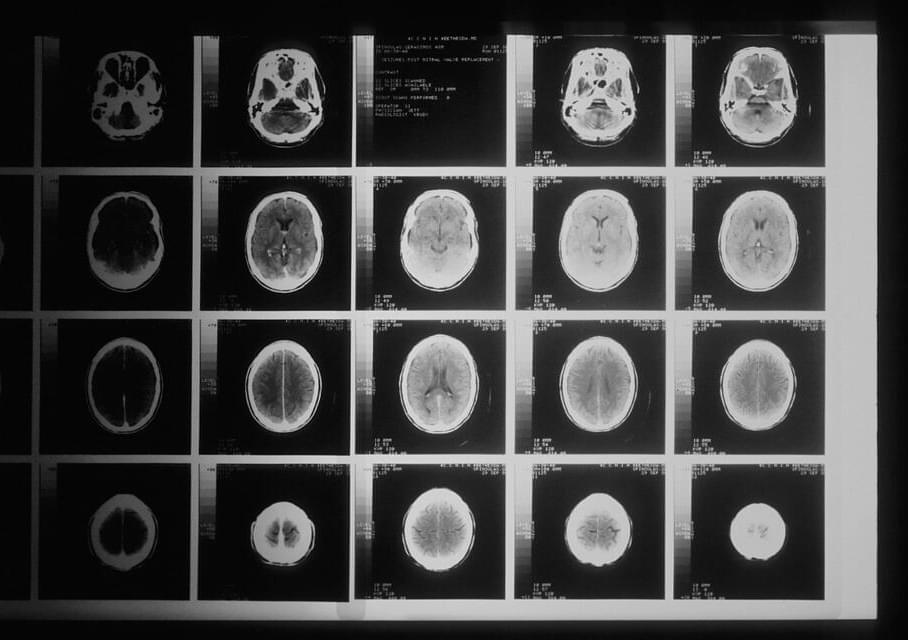
A gene that University of Virginia (UVA) Health researchers have discovered is responsible for the deadliest type of brain tumor is also responsible for two forms of childhood cancer, the scientists have found.
The new discovery may open the door to the first targeted treatments for two types of rhabdomyosarcoma, a cancer of the soft tissue that primarily strikes young children.
The gene may also play an important role in other cancers that form in muscle, fat, nerves and other connective tissues in both children and adults, the research suggests.
Watch The Full Episode Here: https://youtu.be/5-DqV69MJq0
Listen To The Full Episode On Spotify: https://open.spotify.com/episode/1kn8fYVblEnzOCJ16LzcEq?si=2bf44a7d7aa74e20
🎧 Listen To #TheRanveerShow On Spotify:
✅ subscribe to our other youtube channels:
BeerBiceps (English Channel):
https://www.youtube.com/c/BeerBicepsOfficial.
Ranveer Allahbadia (Hindi Channel):
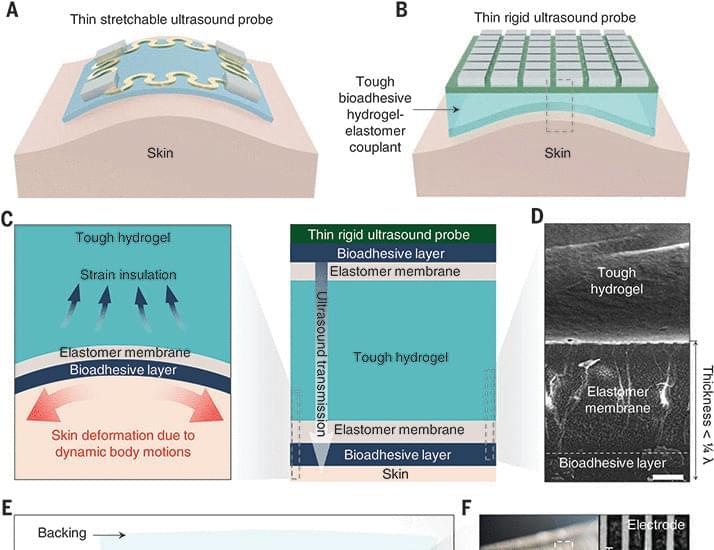
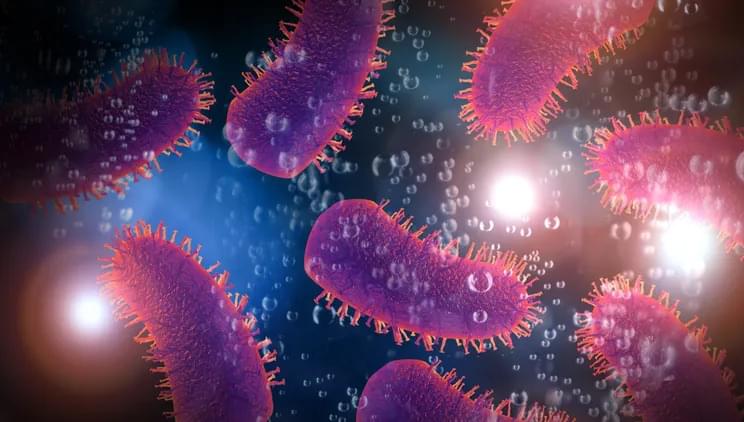
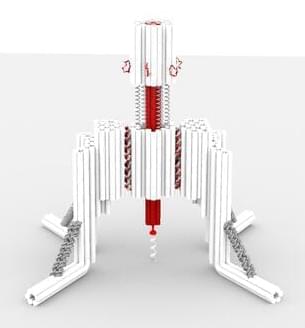
Constructing a tiny robot from DNA and using it to study cell processes invisible to the naked eye… You would be forgiven for thinking it is science fiction, but it is in fact the subject of serious research by scientists from Inserm, CNRS and Université de Montpellier at the Structural Biology Center in Montpellier[1]. This highly innovative “nano-robot” should enable closer study of the mechanical forces applied at microscopic levels, which are crucial for many biological and pathological processes. It is described in a new study published in Nature Communications.
Our cells are subject to mechanical forces exerted on a microscopic scale, triggering biological signals essential to many cell processes involved in the normal functioning of our body or in the development of diseases.
For example, the feeling of touch is partly conditional on the application of mechanical forces on specific cell receptors (the discovery of which was this year rewarded by the Nobel Prize in Physiology or Medicine).
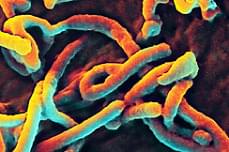
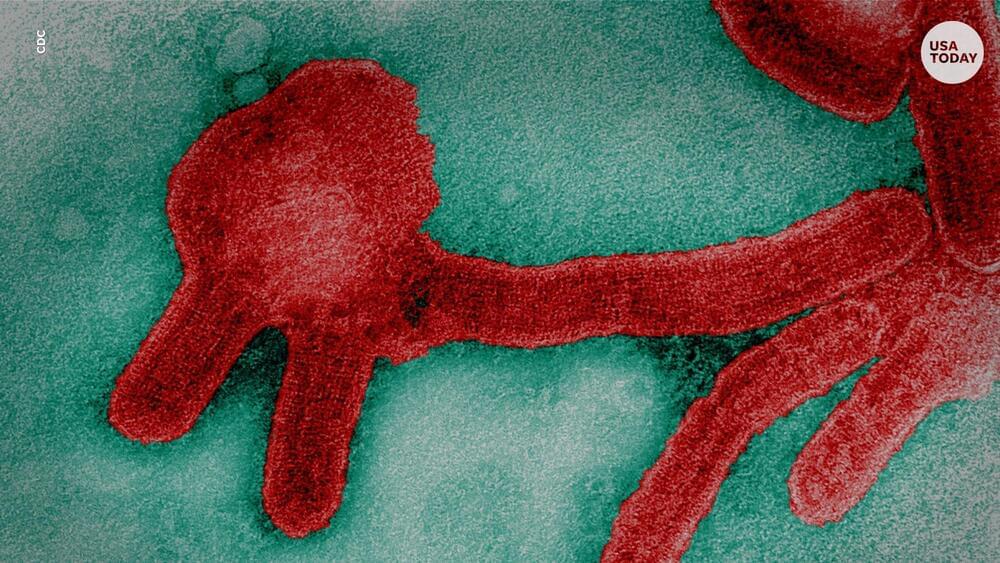
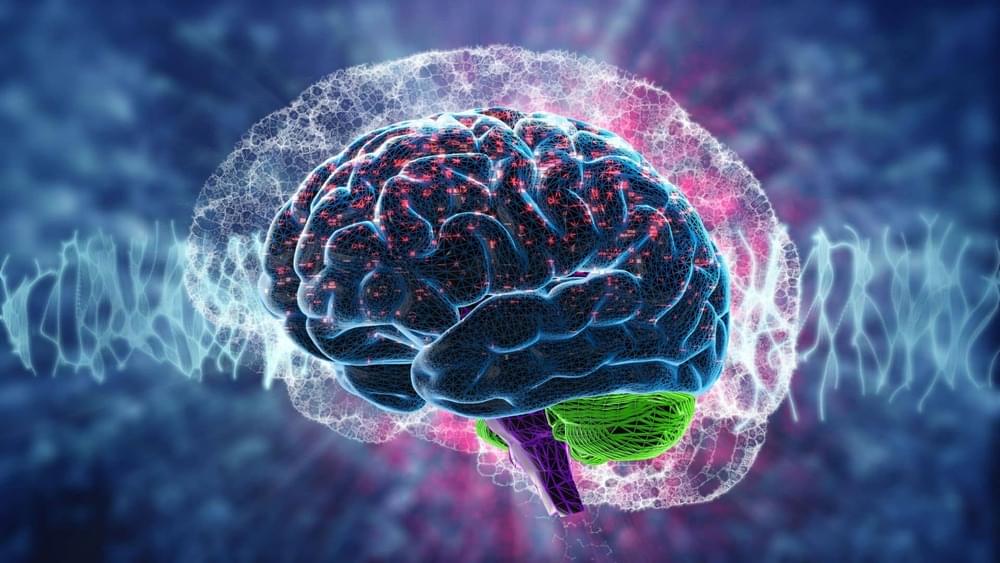
Throughout life, cells of the body acquire somatic mutations. In frozen post-mortem human brains, researchers from Yale University have found that somatic, or non-inherited, mutations are considerably more likely to accumulate in roughly 6% of brains, and these “hypermutable” brains are typically 40 years of age or older.
The behavior, comparable to clonal hematopoiesis in the bone marrow that can result in blood cancer in elderly people, is attributed to cell lines with mutations that outcompete other cell lines.
This is the first large-scale study of somatic mutations in human brains. Scientists were not expecting to find this hypermutability in older populations.